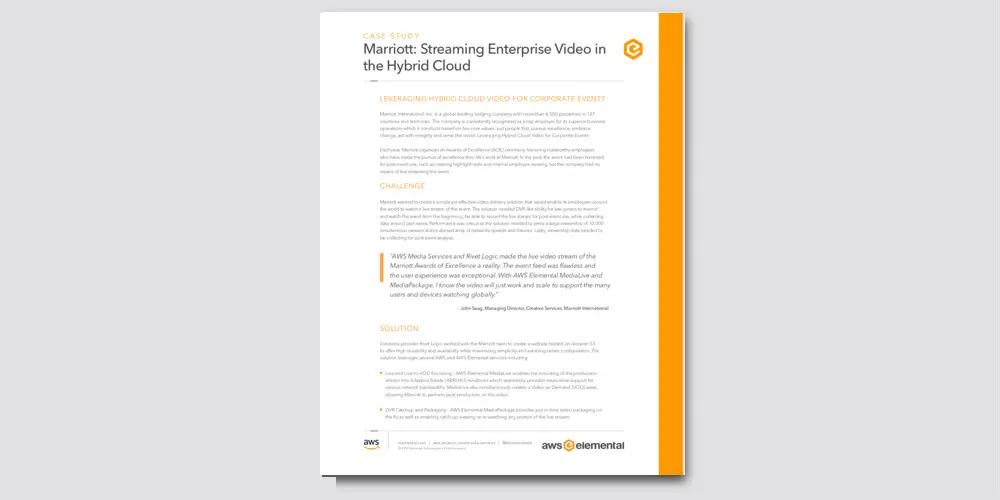Elastic’s Abandonment of Open Source: A Cautionary Tale of Profit Over Principles

Mike Vertal

In a significant and telling market move, Elastic’s stock plummeted by 27% today (Figure 1), about a $3 billion drop in market value that has left their investors reeling. This drastic decline in value is not just a reaction to a poor forecast (per their CEO's comments)—it’s a symptom of a deeper issue that has been festering within the company for some time: Elastic’s decision to turn its back on the open-source community that was instrumental to its initial success.

Figure 1: Elastic's stock price crashes 27% after a poor forecast.
The Open Source Advantage
Elastic, the company behind Elasticsearch that was widely celebrated for their powerful search and data visualization capabilities, rose to prominence largely because of the company’s commitment to open source. By building a vibrant community around these tools, Elastic enjoyed rapid adoption and growth, with developers across the globe contributing to and enhancing the software. This model not only provided Elastic with a solid foundation of trust and goodwill, but also a stream of innovation that propelled their products forward.
We ourselves loved it, and incorporated Elasticsearch into our CrafterCMS platform as the default search engine for both content authoring and content delivery.
However, in 2021, Elastic shifted its strategy and abrubtly dropped the open-source ethos that was core to its identity. The company relicensed its products under the Server Side Public License (SSPL), a move widely perceived as a direct response to competition from cloud providers like AWS that were hosting Elasticsearch and offering it as a service to their clients. This decision was seen by many as a betrayal of the open-source community, replacing collaboration and openness with restrictive licensing and legal entanglements.
We saw many of our Fortune 2000 enterprise clients looking to drop Elasticsearch as a result. And as a true 100% open-source licensed platform (GPL v3.0), CrafterCMS needed an alternative, embedded search engine given Elastic's move to a closed-source license.
The Fallout: Erosion of Trust and Innovation
The consequences of this shift have been stark. By alienating the very community that helped build its products, Elastic has seen a significant decline in developer engagement and contributions. Competing projects, like Amazon’s OpenSearch, quickly emerged to fill the void, siphoning off both users and contributors. OpenSearch, which remains under a 100% open-source license (Apache v2.0), has rapidly gained traction, drawing developers who once championed Elasticsearch.
On our end, we dropped Elasticsearch and started embedding OpenSearch with the release of CrafterCMS version 4.1.
The erosion of trust has not only impacted Elastic’s product development but also its brand reputation. The once-loyal advocates of Elasticsearch now view the company with skepticism, if not outright distrust. This loss of goodwill is difficult to quantify but is undoubtedly reflected in Elastic’s market presence and the negative sentiment surrounding the brand.
Financial Performance: The Inevitable Decline
Today’s 27% stock price drop is a stark reflection of these strategic missteps. While Elastic’s financial performance has been on a downward trajectory since 2021 when they dropped their commitment to open source (Figure 2), today’s sharp decline underscores the market’s loss of confidence in the company’s leadership and direction.

Figure 2: Elastic's share price has plummeted over 50% since their move to closed source.
Perhaps they recognize their mistake, as they just announced support for the GNU Affero license (AGPL) as "an option to license the free part of our source code that is available under the SSPL license today", in the same release announcing their weak financial results.
While this is a step in the right direction, its not enough and the damage has been done. The company’s financial struggles are exacerbated by the fact that its once-dominant position in the market is now under siege from more open and transparent alternatives.
A Cautionary Tale
Elastic’s story serves as a cautionary tale for companies in the enterprise software industry. The shift away from open source may have been intended to protect Elastic’s commercial interests, but it has instead triggered a chain reaction of negative consequences. As the company grapples with slow revenue growth, eroding market share, and a damaged reputation, it becomes clear that abandoning the principles of openness and community can carry a heavy cost.
For other software companies and their enterprise customers, the lesson is clear: Open source is not just a business model; it’s a philosophy that, when respected and nurtured, can drive innovation, growth, and long-term success. Elastic’s fall from grace serves as a stark reminder that sacrificing these values for the sake of short-term profits can lead to disastrous outcomes—both financially and reputationally.
To Summarize
In the end, Elastic’s decision to turn its back on the open-source community is proving to be a costly one. As the company’s stock price plummets and its market position weakens, it becomes evident that principles, once abandoned, are not easily regained. For investors, developers, and enterprise software companies, the message is clear: the cost of abandoning open source can be far greater than any short-term financial gain.
Are you looking to build search-enabled, content management applications on a fully open-source platform? You can download CrafterCMS along with the embedded OpenSearch-based search engine at craftercms.com/download.
Related Posts

From HTML Template to Fully Managed Experience in Minutes: CrafterCMS + AI-Powered Workflows

Sara Williams

How Should You Structure a Blog Post So AI Models Actually Cite It?

Amanda Jones

Websites Are Dead?

Mike Vertal

Building Resilient Digital Experiences: Multi-Region Deployment Strategies with Crafter Cloud on AWS

Sara Williams
Related Resources
-

CrafterCMS at eBay: The Universal Content Platform for eBay.com
Webcast
-

Personalized Digital Experiences for a Cruise Liner
Webcast
-

How to Migrate from Contentful to CrafterCMS
Tutorial
-

Marriott: Streaming Enterprise Video in the Hybrid Cloud
Case Study
-

Dramatically Improving Content Management for Large-Scale Enterprise Websites
Webcast





